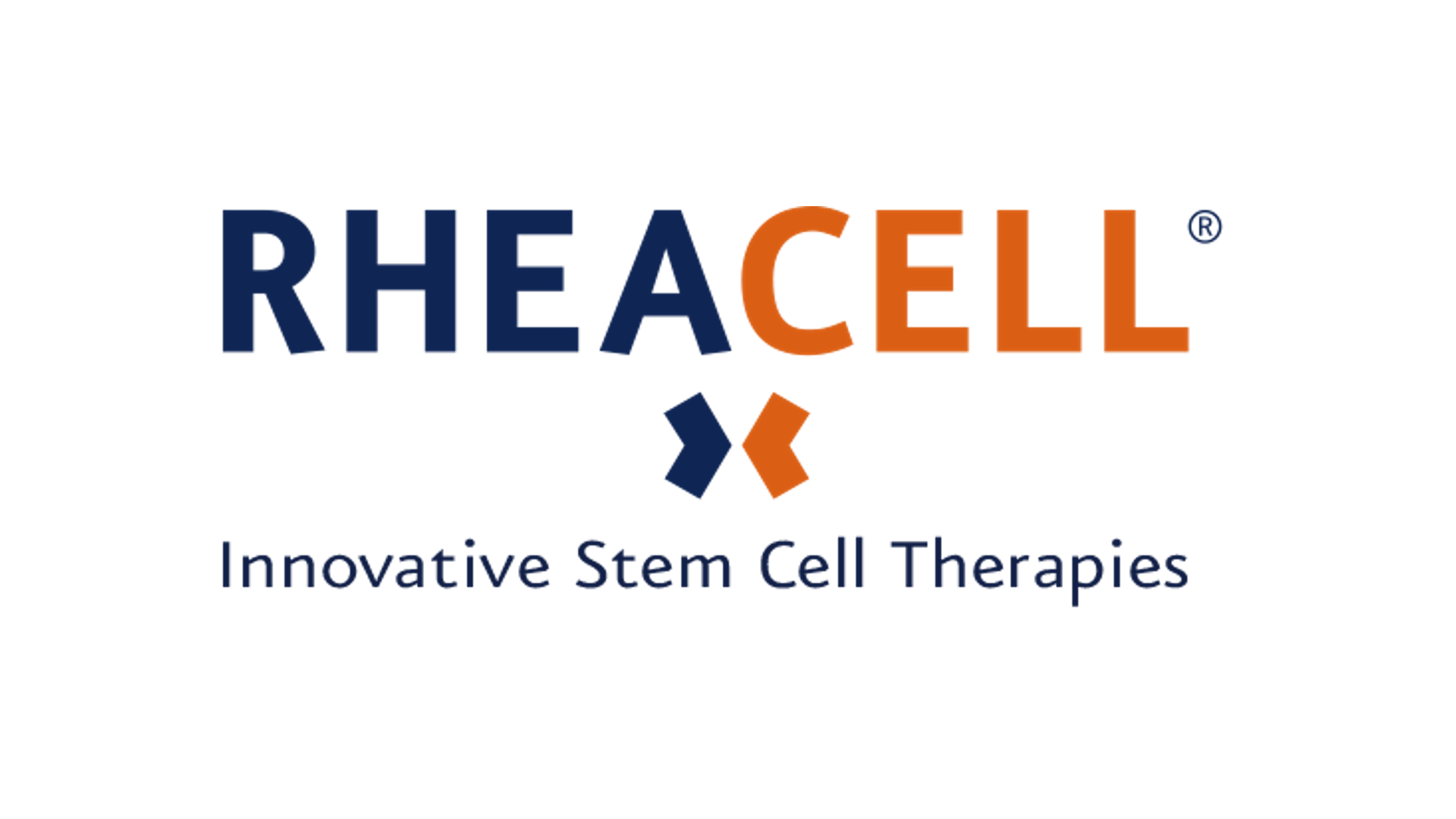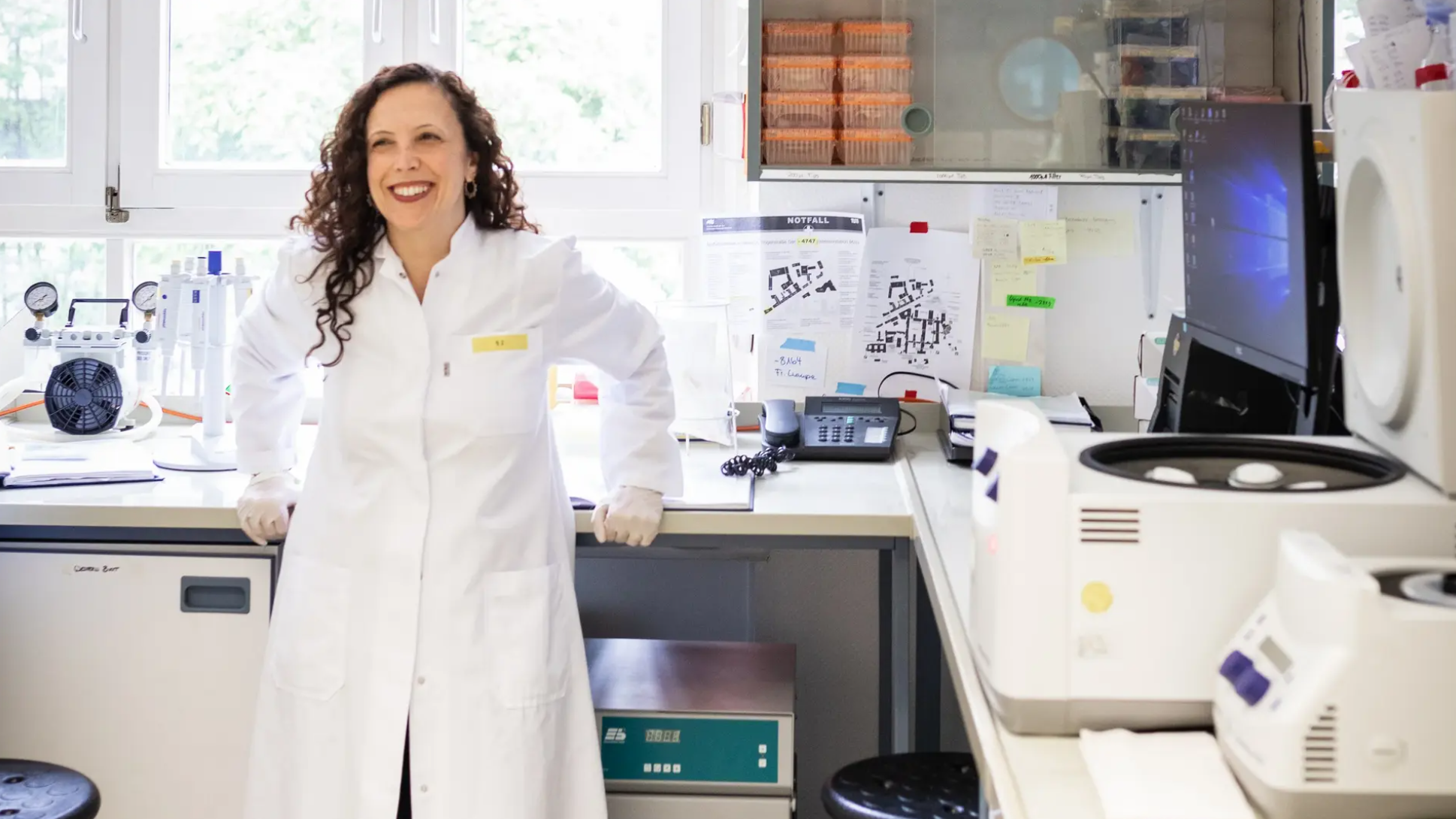Five million euros for research into early cancer detection

Investing in a healthier future: The HORNBACH Group is supporting the new National Cancer Prevention Center in Heidelberg with a donation of five million euros. In the future, a new laboratory will conduct research into more effective early detection and screening methods.
“Preventive research is a very important field for the future that deserves a lot of attention and support. By helping to set up the new laboratory at the National Cancer Prevention Center, we are making a contribution to better protecting people from this serious disease in the future – and we hope that many others will follow our example,” said Albrecht Hornbach, CEO of HORNBACH Management AG.
“We are grateful to HORNBACH for this outstanding support,” says Michael Baumann, Chairman of the Board of the German Cancer Research Center (DKFZ). “We are very fortunate to be able to build up the National Cancer Prevention Center with a lot of support from companies and donors. This is by no means a given in Germany.” It would be great if the extraordinary support provided by the HORNBACH Group inspires other companies to invest in a healthier future.”
In a strategic partnership with German Cancer Aid, the DKFZ is establishing the National Cancer Prevention Center in Heidelberg, which is scheduled to move into its own building on Berliner Straße in 2027. The Cancer Prevention Center will bring together all the essential components for prevention research and implementation under one roof: the prevention clinic with counseling and study programs for personalized cancer prevention, laboratory space for prevention research, and training and continuing education for prevention specialists.
Early detection is an essential part of cancer prevention: With a healthy lifestyle and participation in all cancer screening programs, around 60 percent of all cancer deaths in Germany could be prevented! The earlier cancer is detected, the better it can usually be treated with the therapies available today, and in many cases even cured. However, there is currently no suitable early detection method for many types of cancer. In many cases, there is a lack of biomarkers that indicate a specific type of cancer and provide reliable results in population-wide screening tests.
“At the HORNBACH laboratory, we will focus on developing new methods for early cancer detection and, in particular, researching personalized early detection approaches that are tailored to individual cancer risks,” explains Michael Baumann.
The HORNBACH Group has been generously funding cancer research at the DKFZ since 2008 and has supported a stem cell researcher. Albrecht Hornbach has also been taking part in the DKFZ Advisory Council for many years.





